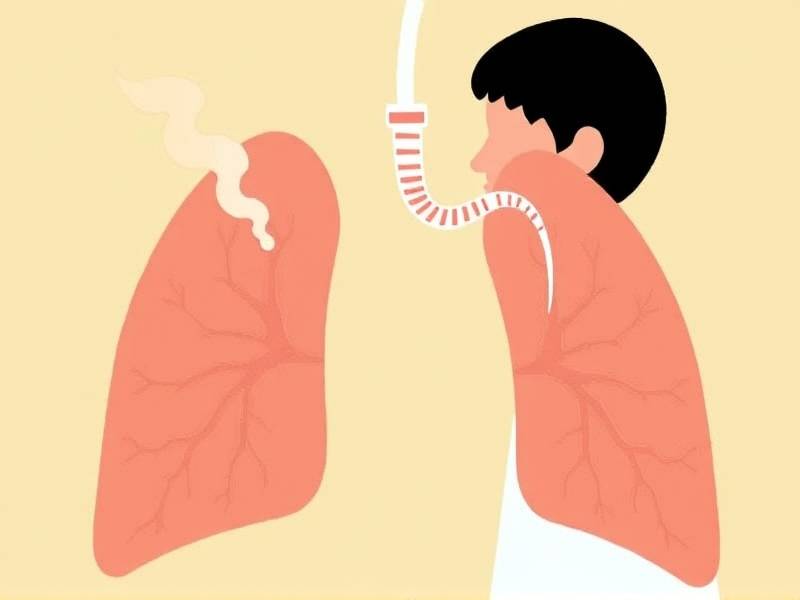Does COPD Continue to Get Worse After Quitting Smoking?
The Long-Term Impact of Smoking Cessation on COPD Progression
Introduction: Chronic Obstructive Pulmonary Disease (COPD) is a chronic respiratory condition that affects millions of people worldwide. Smoking is the leading cause of COPD, and quitting smoking is often the first step in managing the disease. However, many individuals with COPD wonder if their condition will continue to worsen even after they have quit smoking. This article aims to explore this concern and provide insights into the long-term impact of smoking cessation on COPD progression.
Section 1: Understanding COPD COPD is a progressive lung disease characterized by persistent airflow limitation that cannot be fully reversed. It primarily affects the airways and air sacs in the lungs, leading to symptoms such as shortness of breath, coughing, and wheezing. While there is no cure for COPD, quitting smoking can significantly slow down its progression and improve overall lung function.

Section 2: The Role of Smoking in COPD Progression Smoking triggers an inflammatory response in the lungs, causing damage to the airways and alveoli (air sacs). Over time, this damage leads to a narrowing of the airways and a loss of elasticity in the lung tissue, resulting in difficulty breathing. Quitting smoking stops this inflammatory process and can help reduce further damage to the lungs.
Section 3: The Impact of Smoking Cessation on COPD Research has shown that quitting smoking can lead to several positive changes in individuals with COPD:
- Improved lung function: Within weeks of quitting smoking, individuals may notice an improvement in their breathing capacity.
- Reduced exacerbations: Quitting smoking can significantly lower the frequency and severity of COPD exacerbations.
- Slowed disease progression: Although COPD is a progressive disease, quitting smoking can help slow down its progression by reducing inflammation and preventing further lung damage.
- Better quality of life: Smokers with COPD who quit may experience improved overall well-being, including better sleep patterns and increased energy levels.
Section 4: Factors Influencing Disease Progression After Quitting Smoking While quitting smoking has numerous benefits for individuals with COPD, it's essential to note that other factors can influence disease progression:
- Genetic predisposition: Some individuals may have a genetic predisposition to developing or progressing more rapidly with COPD.
- Exposure to other irritants: Continued exposure to environmental pollutants or occupational hazards can worsen symptoms.
- Underlying health conditions: Comorbidities such as asthma or heart disease can exacerbate symptoms.
Conclusion: Quitting smoking is an essential step for individuals with COPD looking to improve their quality of life and slow down disease progression. While it's crucial to understand that some factors beyond one's control may still affect disease progression after quitting smoking, research indicates that giving up tobacco use has significant benefits for those living with COPD. By adopting a smoke-free lifestyle and working closely with healthcare professionals, individuals with COPD can take control over their health and potentially improve their outlook on life.
Note: This article does not constitute medical advice; it is intended for informational purposes only. For personalized medical advice, please consult your healthcare provider or visit reputable websites such as Mayo Clinic or American Lung Association for more information on managing chronic respiratory diseases like COPD.

